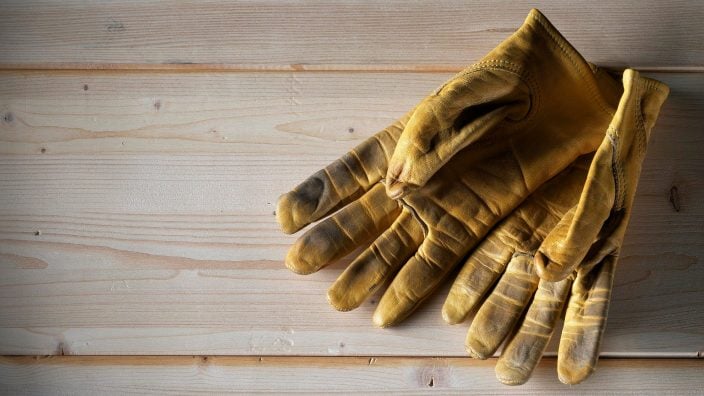2024 NE Counties Gun Raffle
Raffle tickets are $25 each with all proceeds supporting programming and events that will expand and grow agriculture’s footprint in the county.
Read MoreI had a conversation with my adult daughter recently about growing up on a farm. She told me she didn’t always enjoy it, but it is something she wouldn’t change. In fact, now as an adult, she really misses the farm and the animals. It got me thinking about the things society would consider the negative drawbacks of growing up on a farm.
Because we had dairy cows that had to be milked twice per day, our activities were restricted or at least modified. Vacations were rare and short. Seldom did both parents make it to the band concerts or any event held in the evening. The girls had to choose soccer or softball for the busy summertime, not both. Plans were spoiled because of a cow, like the time we missed the Memorial Day parade because we had to have the veterinarian out for one of our favorite cow’s difficult delivery of twins.
I remember an experience our oldest daughter had while in high school. It was spirit week leading up to the homecoming football game. Each day students were encouraged to dress up according to the daily theme. Around the lunch table the discussion turned to the next day’s theme — Farm Day. One young man said, “We get to dress up like hicks.” Well, Laura didn’t take too kindly to that and asked him if he was calling her a hick. Poor kid, just didn’t get it that he had been sucked into the stereotype many nonfarming people had. That is, until Laura schooled him in what it really took to be a successful farmer.
Looking back on that situation and others like it along with the sacrifices my farm kids made over the years, I am very proud of each of them. I truly believe because they grew up and worked on our farm, they learned invaluable lessons that have made them more successful as they have pursued careers.
Working on the farm gave them a work ethic like not many have today. They know what it is like to work hard until the job is done, whether it is with others or independently. When they were responsible for a task, they had better do it correctly and completely. The girls learned to problem solve on their own, but also to ask for help when it was needed, but never let something go undone.
My kids and other farm kids learn to be flexible because things don’t always go as planned. It was a lesson I hated because whether it was an unexpected calf being born or a cow escaping, or a frozen water fountain, you were going to be late for something — church, school or something. It still needed done even if it wasn’t on our preferred time frame or schedule.
Perseverance with a dose of humility is instilled in farm workers, young and old. On a farm you learn how to deal with disappointment and have an optimistic outlook regardless of the situation. There is very little instant gratification. You don’t reap the harvest right away. You have to plant the seed, care for it, pray it rains and hope to reap the benefits of a great harvest.
Work ethic, responsibility, critical thinking skills, flexibility, initiative, team player, real world skills, respect and humility. I’m not implying only those who grow up on a farm possess these qualities, and that nonfarm kids do not have these abilities. I believe growing up on a farm facilitates the opportunities for these skills to develop more naturally than it might for those without the same experiences or opportunities.
Even though our daughters have not pursued careers in agriculture, I believe their passion for the industry and those who farm will never die. Their experiences on the farm have made them great employees. Something I remember telling the girls about their farm work experience — if you can work for your dad and your uncle, you can work for anyone.
Submitted by Mary Smallsreed, a member of the Trumbull County Farm Bureau, who grew up on a family dairy farm in northeast Ohio.
OFBF Mission: Working together for Ohio farmers to advance agriculture and strengthen our communities.
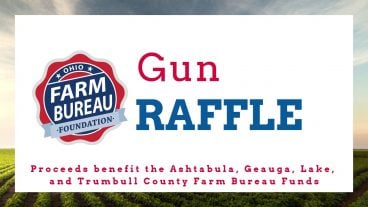
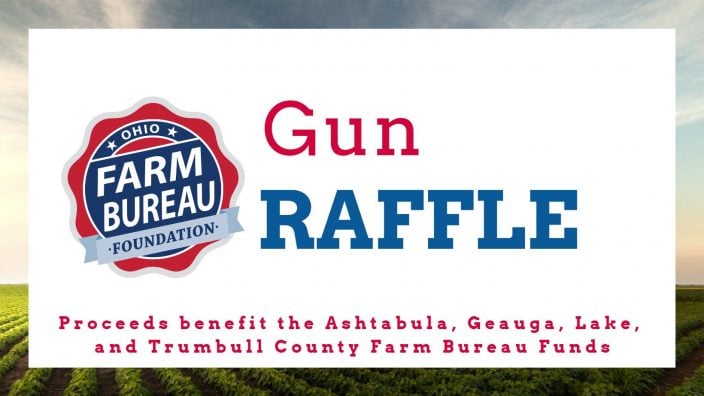
Raffle tickets are $25 each with all proceeds supporting programming and events that will expand and grow agriculture’s footprint in the county.
Read More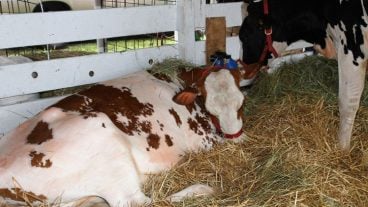
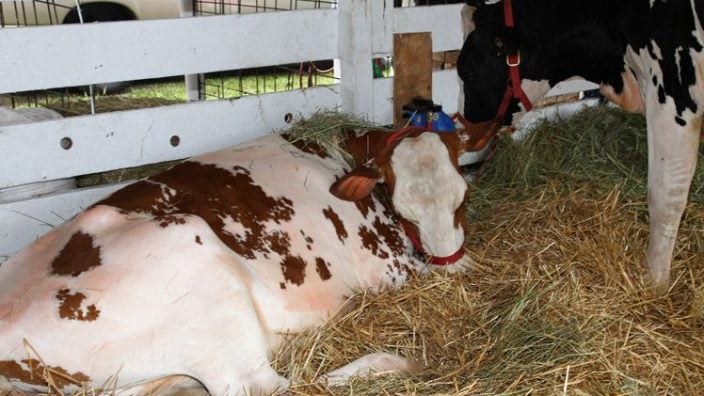
Farm Bureau and county fairs go hand in hand. Both are a lot of fun and love to promote agriculture.
Read More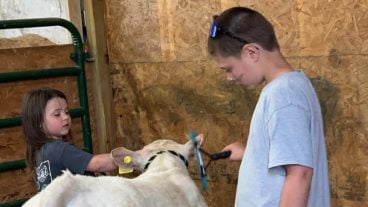
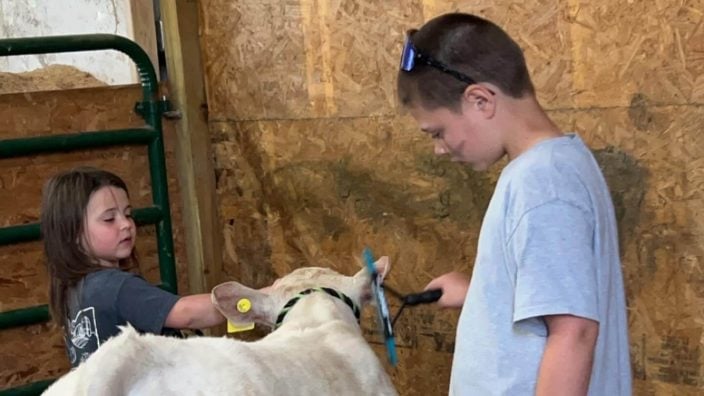
Let’s continue to embrace the hard things and enjoy the beauty of every season.
Read More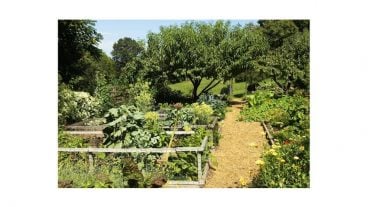

If you have any questions about your gardens, OSU Extension and the Trumbull County Master Gardener Volunteers are here to assist.
Read More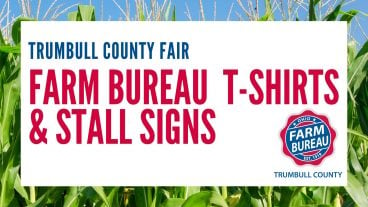
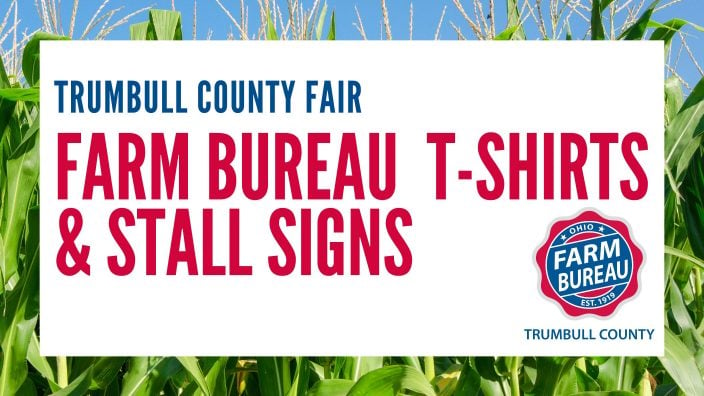
At the 2024 fair, we are offering a special benefit for our youth exhibitors. Each youth exhibitor will have the opportunity to display a stall sign on their pens throughout fair week.
Read More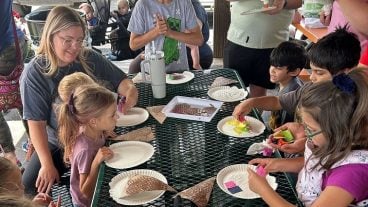
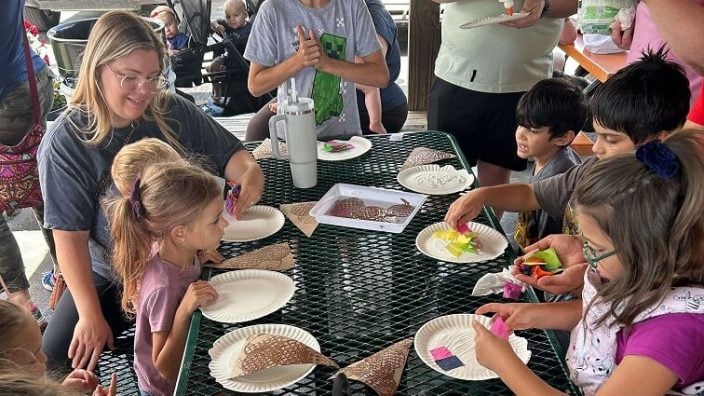
A farmer answers some of the most common questions about milk.
Read More

It’s too bad there isn’t a place on a resume for this skill.
Read More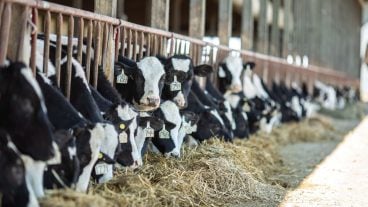
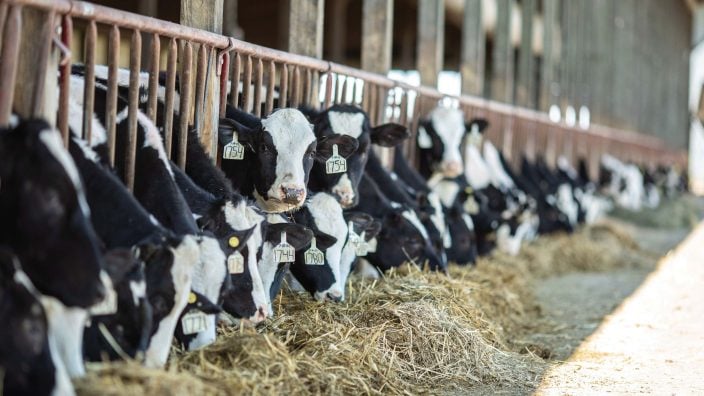
June is Dairy Month, a time to promote the dairy industry and to remind consumers of the health benefits that dairy products provide.
Read More

By giving yourself grace and implementing practical strategies, you can navigate busy times while taking care of your mental health.
Read More

Hello Trumbull County. Spring is moving along quickly, and I hope you have stopped to admire all the flowers in…
Read More